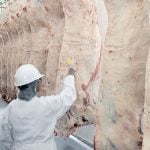
Tag Archives Beef Cattle Research Council
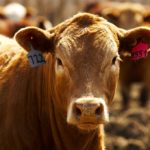
Manitoba Beef Producers kick off membership meetings
Manitoba’s beef producers will share their take on the state of the industry and commodity group activities at 14 meetings over the next month.
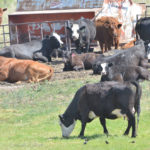
Expanded mandate means higher cost for VBP Plus audits
The national beef certification program has expanded from on-farm food safety to include sustainability, biosecurity and animal welfare
Beef 911: The facts about the dangers of antibiotic resistance
The cattle industry is doing a good job to prevent resistance and we are improving those efforts
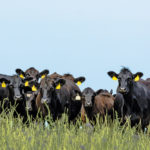
‘Change’ is the watchword in a warming world, says researcher
Longer summers and milder winters sound nice, but even the pluses come with some negatives

Spend a little now and make money later
Reduced death loss, fewer open cows, and reduced shedding are major benefits from a proper vaccination program
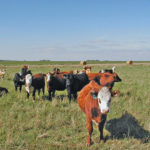
Canadian forage research on the rise
The Beef Cattle Research Council has increased forage research funding from $40,000 to $6 million since its inception

New beef research strategy keeps focus on consumers and sustainability
The beef industry says the plan, which will run from 2018-23, will build on the first one that was begun in 2012
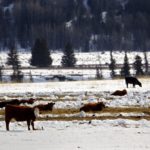
Increase to national beef checkoff to come in 2017
The exact date of the change is still up in the air

Antimicrobial use in beef to meet new pressures
Antimicrobial resistance in the Canadian beef sector is currently low, but experts warn that producers should be cautious of overuse
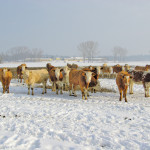
New requirements in place to mitigate pain during specific procedures
Provincial extension veterinarian says the new Code of Practice requirements make calves easier to handle and typically allow faster recovery due to reduced stress levels

